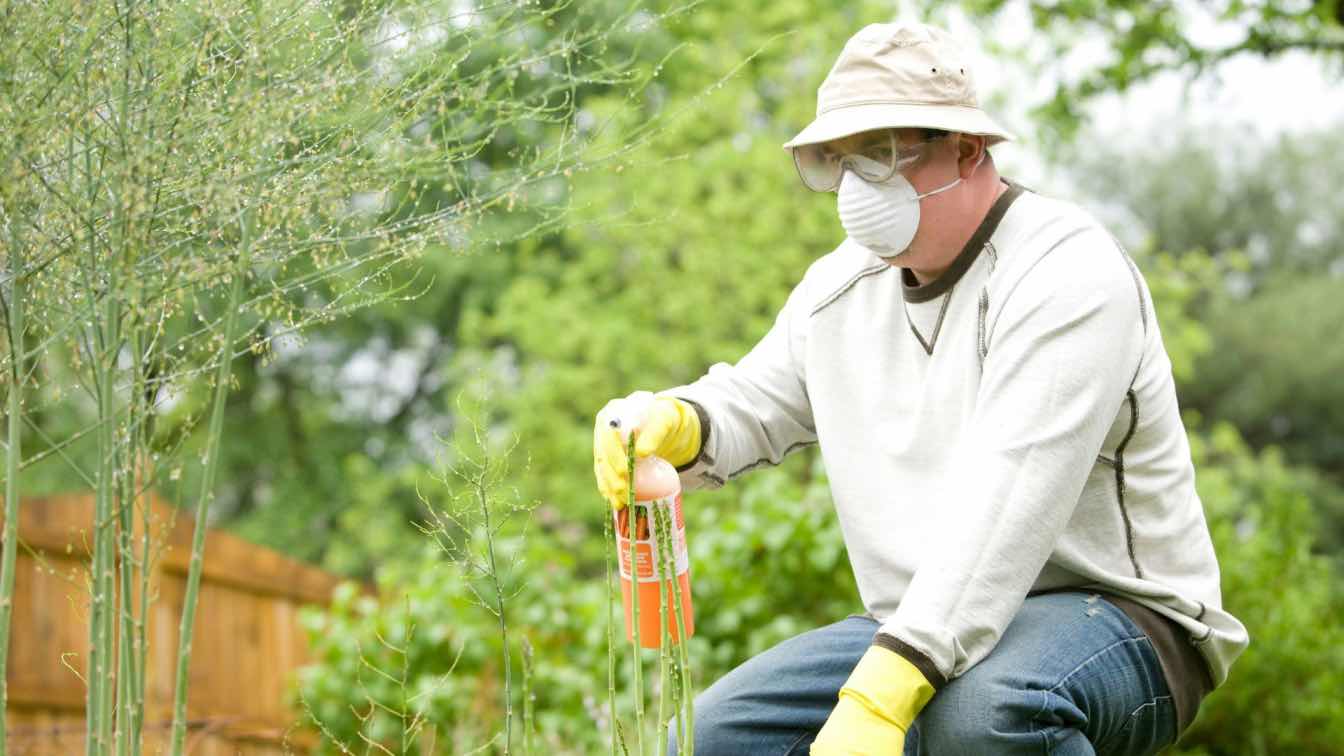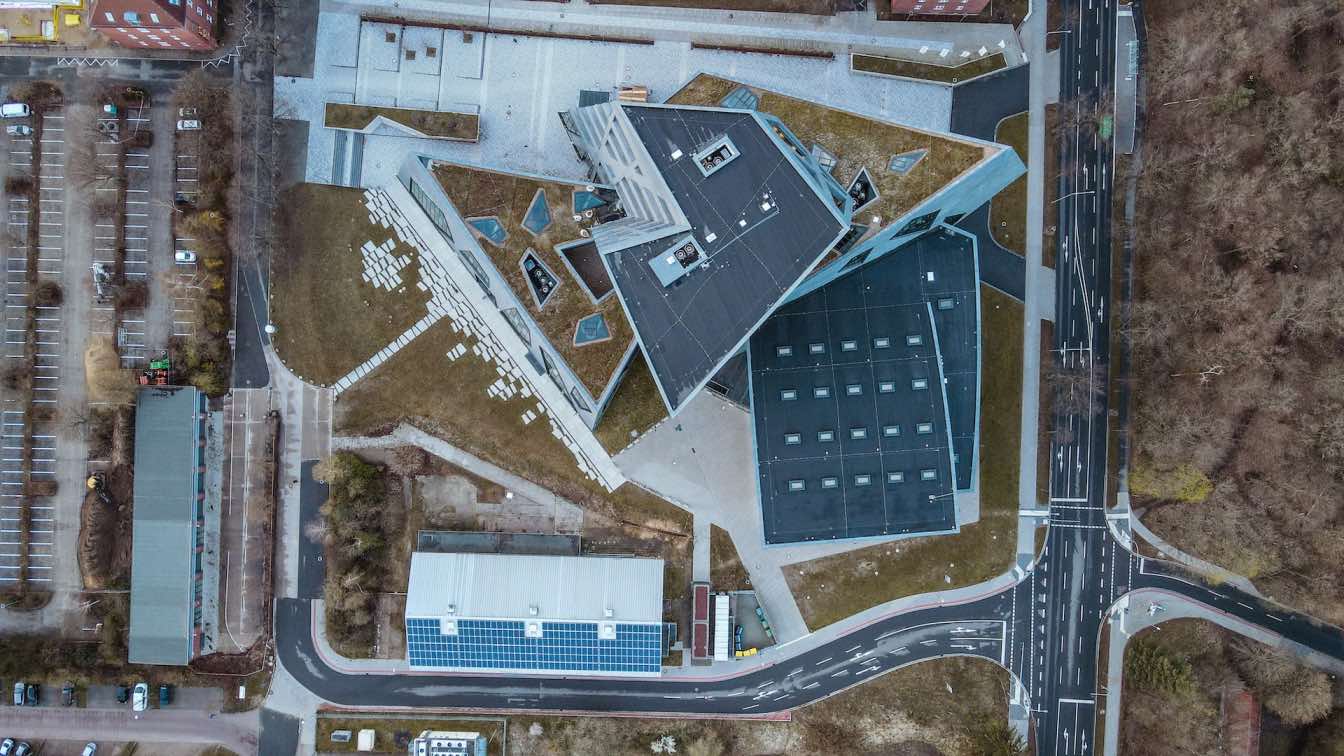Rodents can be more than just an unwelcome presence in your home or business. These agile creatures can cause significant damage and pose health risks due to disease transmission. Effective control methods are essential for protecting your property and ensuring a safe environment. Implementing safe and effective rodent control strategies can help you manage these pests before they become a serious issue. This article will guide you through the best practices for maintaining a rodent-free property.
Understanding the Rodent Problem
To effectively manage rodent infestations, it is crucial to understand the behavior and characteristics of these animals. Common rodents, such as rats and mice, are highly adaptable and can thrive in various environments, including homes, warehouses, and restaurant kitchens. Their rapid reproduction rates exacerbate any infestation, as a small problem can quickly escalate into a full-blown crisis. A pair of mice can produce over 100 offspring in a year. Identifying the signs of a rodent presence is a vital first step. Look for droppings, gnaw marks, and nesting materials, which often indicate the presence of these pests in your home. Regular inspections can help catch infestations early, leading to more effective control measures.
Preventive Measures for Effective Rodent Control
Preventing rodent access is always more effective than dealing with an existing infestation. Start by sealing entry points around your property. Cracks and gaps in walls, around doors, and near windows can serve as highways for rodents, allowing them to infiltrate your living areas. Use materials like steel wool and caulk to close off these openings. Practice good sanitation measures. Keep your living spaces clean, ensure food is stored properly in airtight containers, and dispose of trash regularly. Rodents are primarily attracted to accessible food sources, so eliminating these potential attractants can greatly reduce their likelihood of entering your home.
Comprehensive Pest Control
For those facing significant rodent problems, it may be beneficial to consult professionals who specialize in pest management. Many Comprehensive Pest Control Services can provide tailored solutions based on the extent of your infestation and your property's unique characteristics. Experts employ a range of techniques, from traps to bait stations, ensuring that they address the issue effectively while prioritizing safety. Professionals can offer preventative maintenance plans, which are essential for keeping your property rodent-free. These plans may include regular inspections and necessary adjustments to your existing control strategies, providing peace of mind.
Humane Trapping and Relocation
When dealing with a rodent infestation, consider humane trapping methods. These traps allow for the capture of rodents without causing them harm, letting you relocate them far from your home. While this may seem more labor-intensive, it aligns with many people's ethical considerations regarding pest control. Ensure that you check traps regularly to prevent any distress or harm to captured animals. After relocation, monitor the area closely to secure any potential re-entry points and address any attractants that may still exist to deter these creatures from returning.
Using Bait Stations Safely
When the situation demands it, using bait stations can be effective in controlling rodent populations. These stations contain rodenticides that are strategically placed in areas where rodent activity is high. Safety is paramount, especially if you have pets or small children. Choose bait stations that are tamper-resistant to mitigate any risks. It's vital to carefully follow all instructions for use. Improper use can lead to unforeseen consequences, including harm to non-target species. Regularly check bait stations to monitor and refill as needed for optimal effectiveness.
Monitoring and Maintenance
Once you have addressed a rodent issue, it's essential to continuously monitor your property for signs of new activity. Regular audits of interiors and exteriors can help catch new threats before they escalate. Consider using monitoring traps in conjunction with your prevention strategies, as these devices will alert you to any rodent activity without involving lethal methods. Conduct routine maintenance checks on any barriers you've set up. Ensure that gaps and seals remain intact, as wear over time can provide renewed access to rodents. This vigilance is key to long-term rodent control success.
Educating Your Community
Informing your neighbors about rodent issues can be highly beneficial. Many rodent problems are community-wide, and coordinated efforts can produce better results. By sharing information about pest control strategies and prevention methods, you can help create a community that works together towards a rodent-free environment. Initiatives may include organizing neighborhood cleanup days to eliminate potential rodent habitats or hosting educational workshops about safe pest control practices. Collective efforts often yield more significant and longer-lasting benefits than individual actions.
These professionals can assess the situation more comprehensively, ensuring a more thorough and lasting resolution to your rodent problems. Ultimately, maintaining a rodent-free property requires diligence, proper planning, and sometimes, the assistance of professionals. By adopting protective measures and regular monitoring, you can safeguard your home and ensure the safety of your environment.





